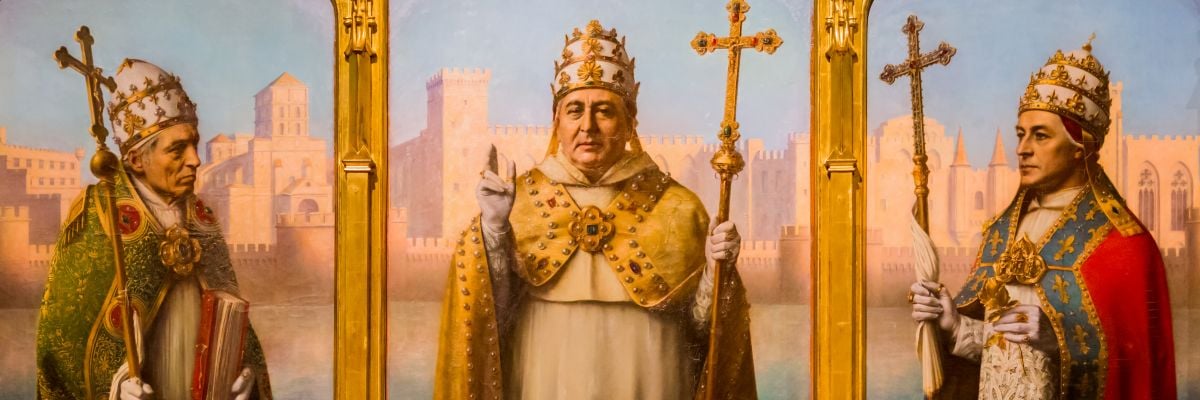
Question:
Answer:
When Catholics say popes can’t contradict each other, we mean they can’t do so when they teach infallibly, not when they make disciplinary and administrative decisions. The example you cited is a case of the latter and not the former.
Pope Clement XIV didn’t “condemn” the Jesuits in 1773, but he did suppress the order—that is, he “shut it down.” Why? Because the Bourbon princes and others hated the success of the Jesuits. They pressured the pope until he gave in and suppressed the order. Even so, the decree which the pope signed didn’t judge or condemn the Jesuits. It merely listed the accusations against them and concluded that “the Church cannot enjoy true and lasting peace so long as the Society remains in existence.”
As you noted, Pope Pius VII restored the order in 1814. Was the suppression of the Jesuits by Clement a mistake? Did it evince a lack of courage? Perhaps, but the important thing to note here is that it in no way was concerned with papal infallibility.


